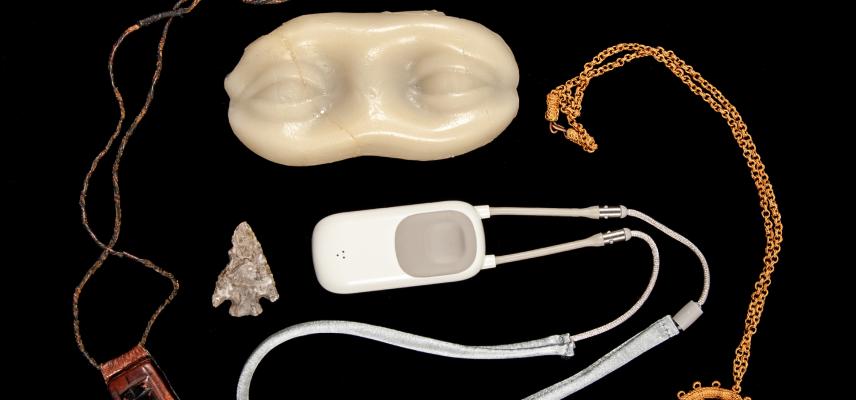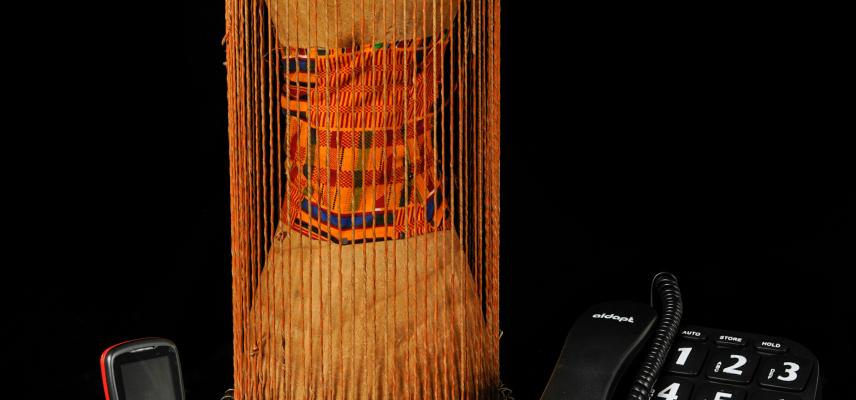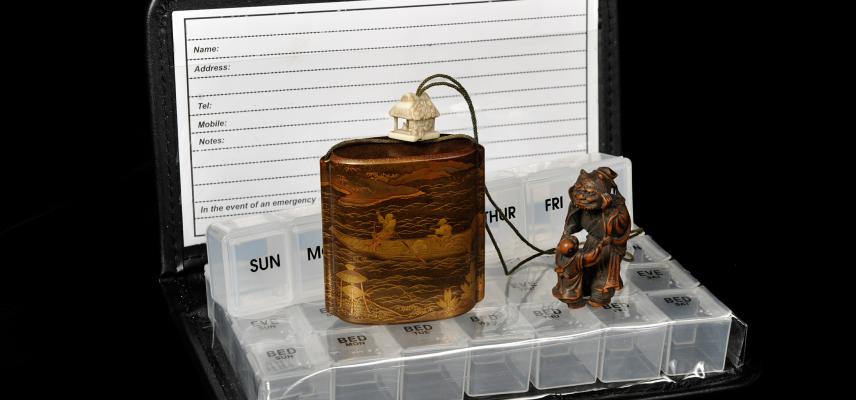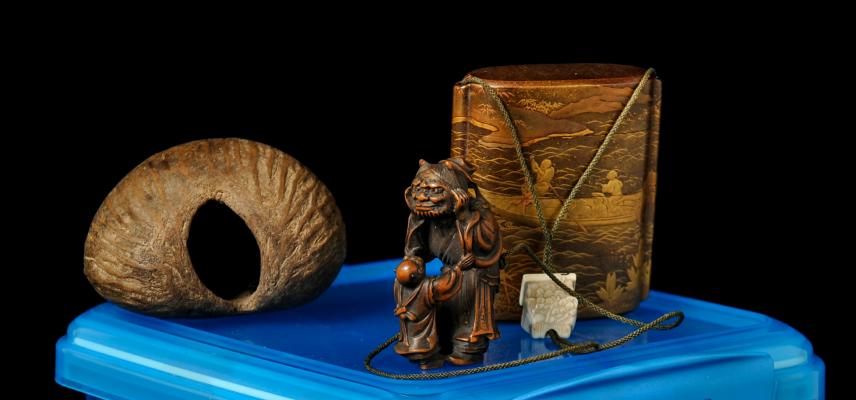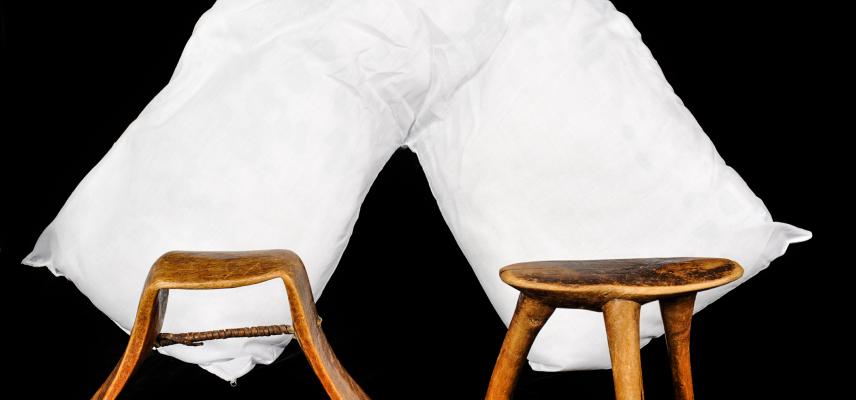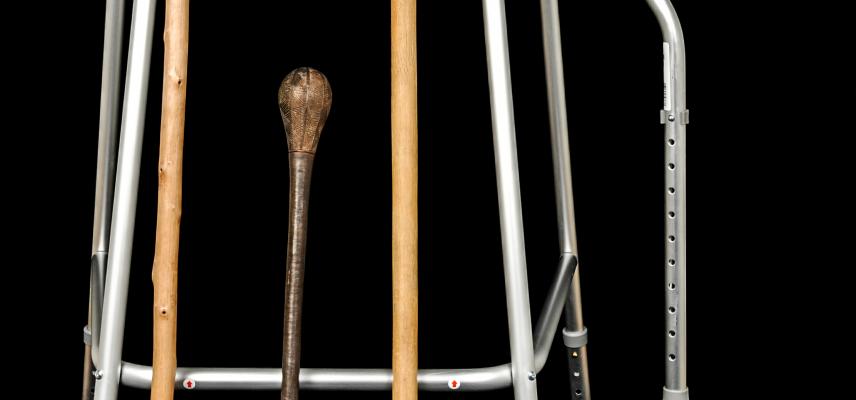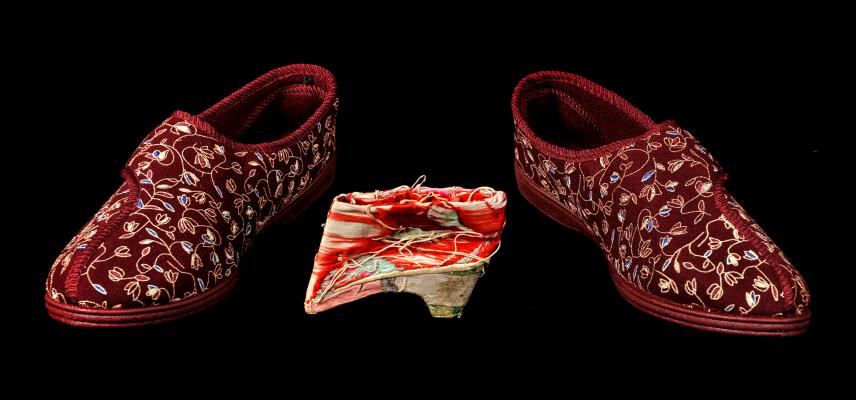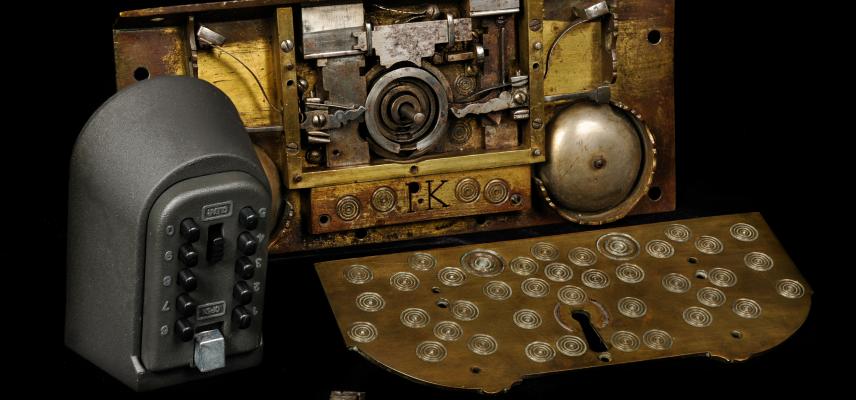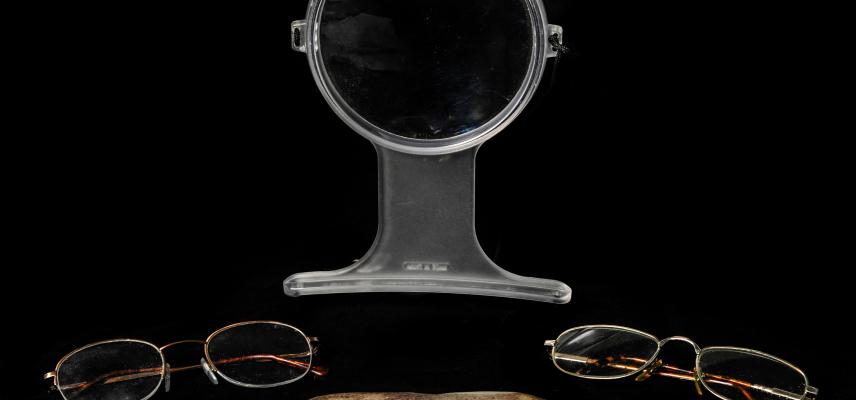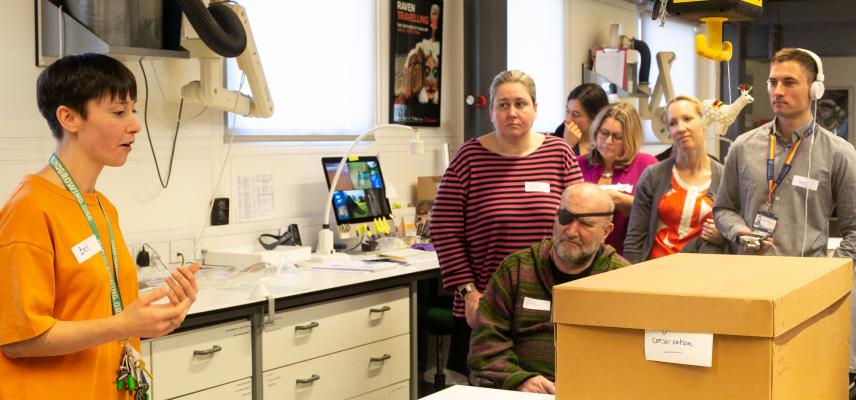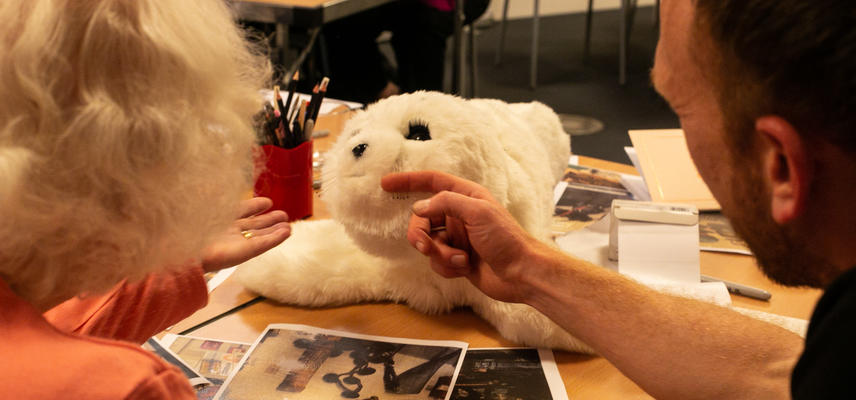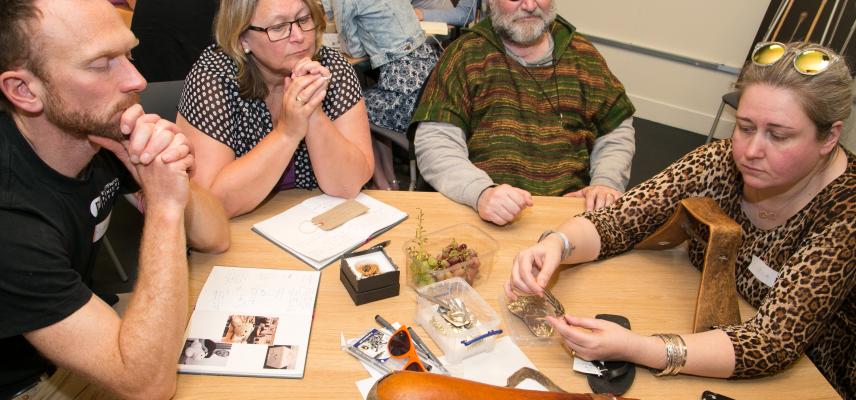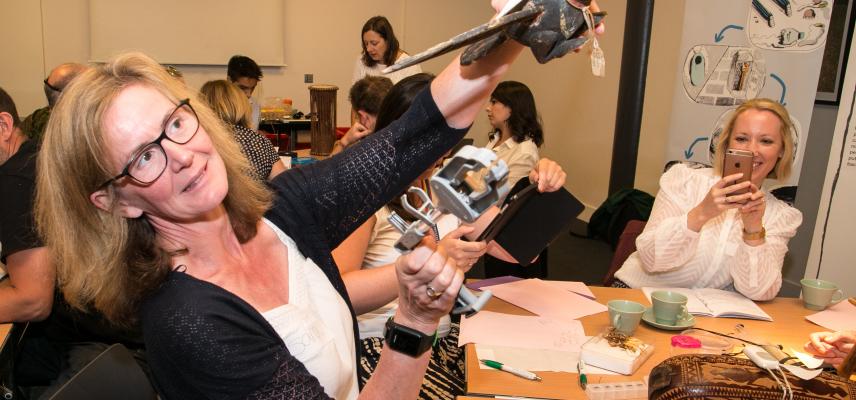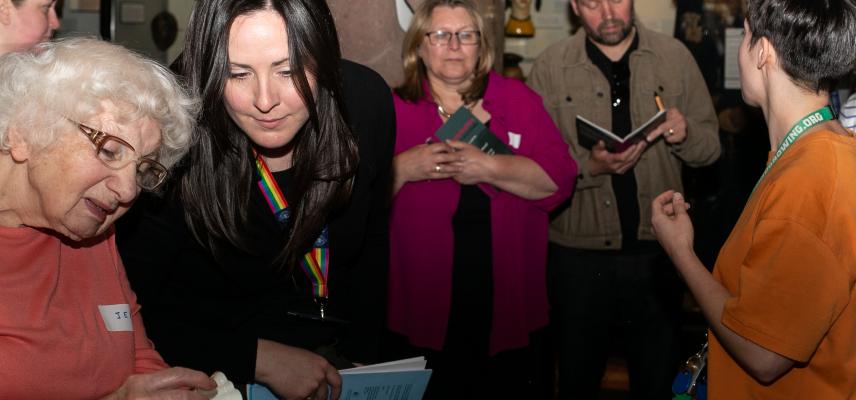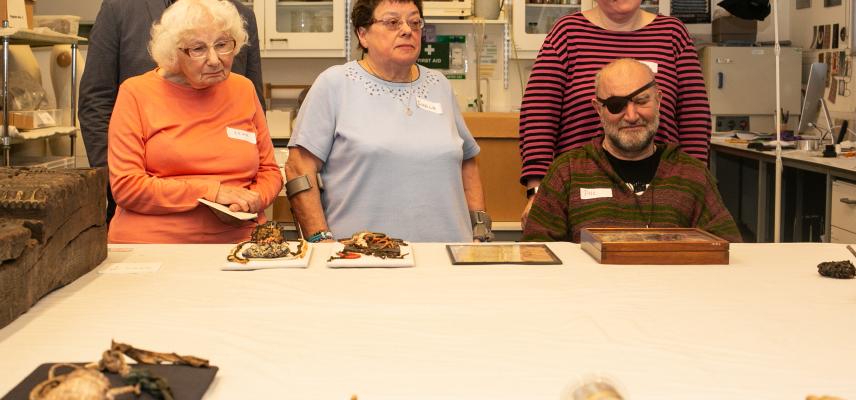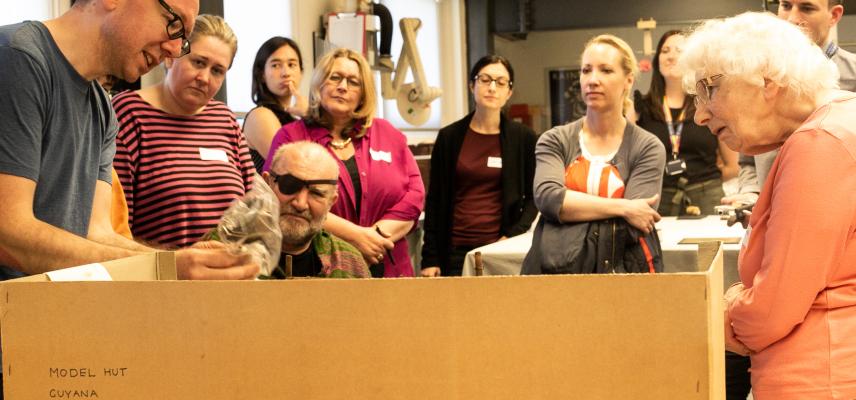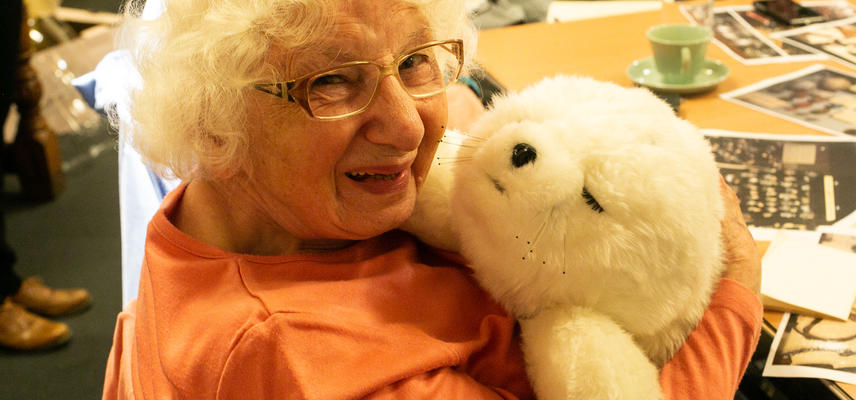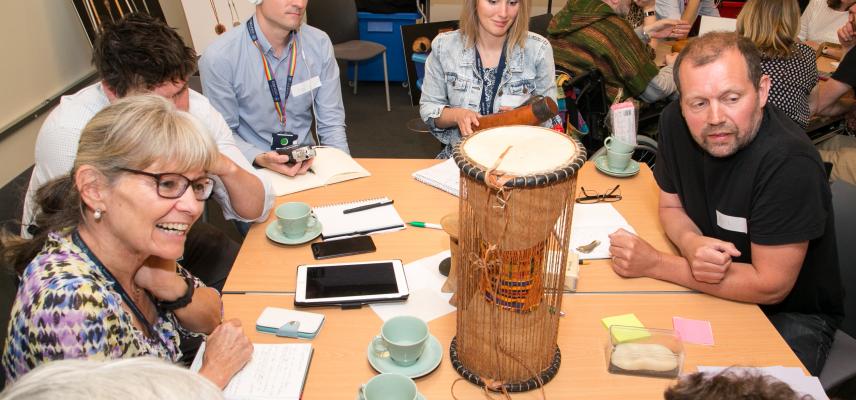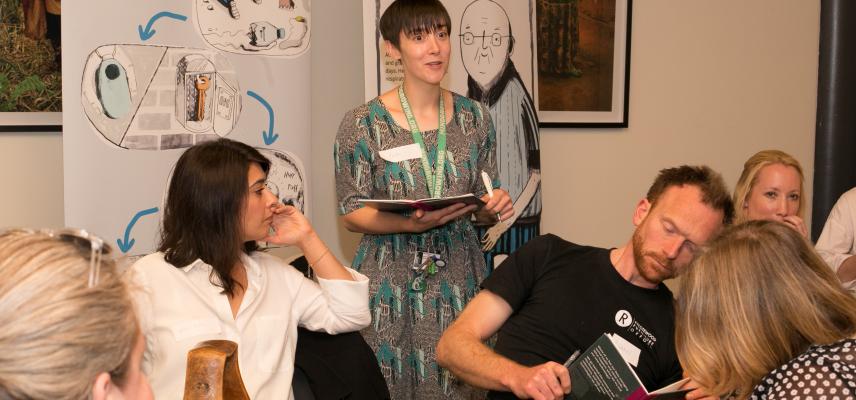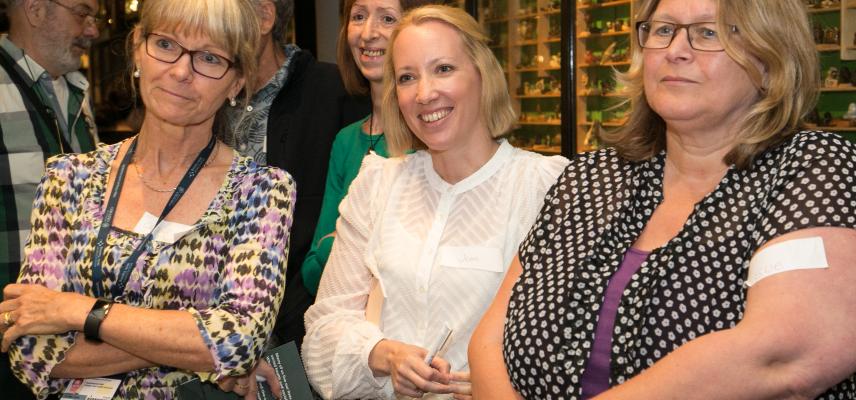Messy Realities
Connecting museum collections and contemporary medical technologies
In 2018, the Pitt Rivers Museum became a meeting point for people from varied backgrounds and with different life experiences to come together and investigate the relevance of technology to their everyday lives. In the setting of a museum of comparative technology, University researchers; people living with long-term health conditions and their carers; older people living alone; designers; and Museum staff came together through a series of workshops to form a new kind of ‘community’. Be they from the interdisciplinary research team or a member of the wider community, space was made for everyone’s voice within the Messy Realities encounters. Together, the group responded to questions from the Wellcome Trust-funded Studies in Co-Creative Assisted Living Solutions (SCALS) programme, generating provocative answers and further questions that formed the basis of a co-curated display in the Museum. Questions posed included: can technology care for humans; why are some technologies abandoned; why are others taken up in ways they were never intended to be used; and how can ‘historic’ ethnographic material become a catalyst through which to rethink ‘contemporary’ assistive living technologies?
We experimented with putting different objects together (from the Museum’s collections and those gathered from SCALS fieldwork), to spark new ideas, and to see technologies in new lights. We used a storytelling approach to capture the sometimes mundane and imperfect real-world settings in which assistive living technologies come to be used and acquire meaning – or, alternatively, rejected as lacking meaning or not ‘working properly’.
Engagement method
Recruitment
The SCALS team and Museum engagement staff collaborated to co-design, deliver and evaluate the impact of a series of workshops to share the SCALS research with the public and generate new insights to inform ongoing research. By using their existing links with groups such as Young Dementia UK, Museum staff recruited workshop participants with first-hand experience of using, or supporting others to use, assistive living technologies. Museum staff also drew on connections with Rycotewood Furniture Centre to recruit designers to take part in the process. Designers interpreted the discussions between the researchers, Museum staff and community partners into blueprints for new assistive living technologies to better suit the needs of the people that use them.
Workshops
Workshops were the primary method of engagement. They were designed to generated discussion and be social, interactive and inspiring. We set out to explore whether connections could be made between museum objects and contemporary medical technologies, particularly assistive living technologies. If we placed unexpected objects together in our 'research space' and invited people to explore them with their senses, could meaningful connections be made? Could we think about objects in the collections in new ways by viewing them alongside contemporary assistive living technologies? Could we spark new ideas about what assistive living technologies are, and find out new things about what they mean to the people that use them? We also thought about how technologies from across the world hold meaning, and are personalised and adapted – using global examples to help us imagine new ways that contemporary assistive living technologies could be adapted to better support individuals as their long-term health needs progress. Workshops also included behind-the-scenes tours of the Museum's conservation laboratory and bespoke tours of the galleries.
Display
The outcome of this experimental engagement model was a co-curated display, shown in the museum’s Didcot Case from July to October 2018. The SCALS research team, community participants and Museum staff co-authored the display text, chose together the imagery and objects to include, and celebrated the opening of the display with a special launch event that included lots of tea and cake! The display incorporated designs and new objects created by our two design partners that responded to the conversations had over the course of the workshops.
Feedback from Messy Realities participants
'I asked Sheila for your email address so that l could say a really big THANK YOU. As you can see l am taking advantage of the little bit of IT technology l have managed to acquire. I have enjoyed them very much indeed. It felt like being a student again. I wasn’t a teacher, wife, mother, helper, carer etc, responsible for others, but just ME […] I have never taken recreational drugs but l was on such a ‘high’ after Monday’s session l imagine that’s what it is like. It seems real stimulation is lacking for most of us ‘ oldies’. I suppose normally we associate we others around our own age and in like-minded groups; but with your sessions the mixture of ages (18—80 on Monday)with such a diverse range of experience and knowledge really gelling together was inspiring. It made me feel young again. Thank you again and l do hope there will be more for us.'
– Jean, proud octogenarian and Messy Realities participant
'Messy Realities is one of the most exciting projects that has been developed in ethnographic museums recently […] it is such a great example of how these historic collections can be made relevant in the contemporary through the socially engaged practice that the project models.'
– Dr Laura van Broekhoven, Director of Pitt Rivers Museum
What’s next?
The Messy Realities engagement experiment has been a success, producing an exciting and impactful model for new and innovative approaches to public engagement with research. Through immersive workshops and a co-creative approach, all the project partners – researchers, Museum engagement staff and community participants – were inspired to think in new ways and forge new connections with both objects and people. As a result, the Museum, the SCALS team and our community participants are continuing our work together and exploring new strands of collaboration. Next up:
- A Messy Realities pop-up at the Wellcome Collection in 2019
- A Messy Realities photographic display in the Pitt Rivers Museum’s Long Gallery in 2020
- Collaborating to develop ideas for a major exhibition for 2023
